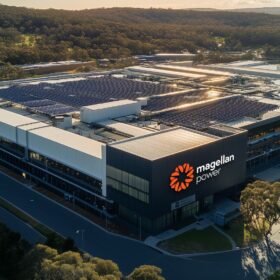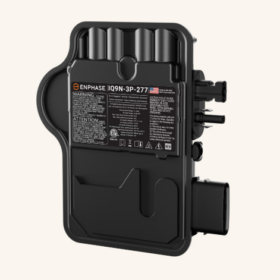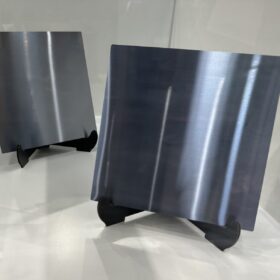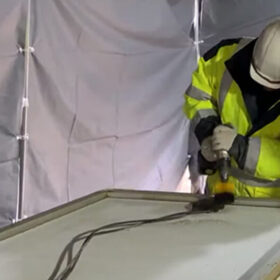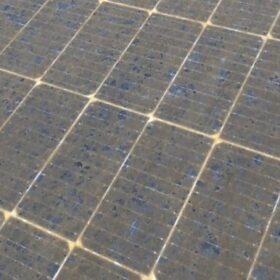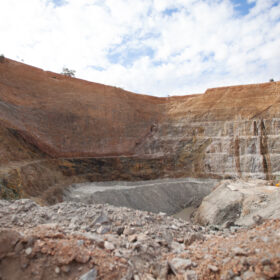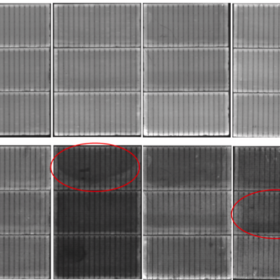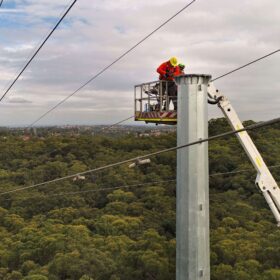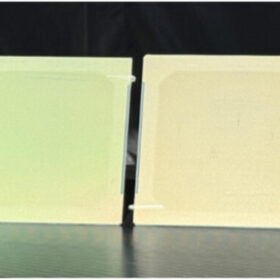Australian battery manufacturer lands funds for expansion plans
Perth-headquartered energy storage and battery-based power systems specialist Magellan Power has teamed with specialist investment manager Viburnum Funds to boost its manufacturing capabilities and fund expansion in Australia and internationally.
Enphase releases new control software for its IQ8, IQ9 microinverters
The United States company said its Power Control software is designed to help installers reduce costs and streamline interconnection. Among its features is the ability to control aggregate system exports through software-based limits.
Hinen launches 15 kW three-phase hybrid inverter
The Chinese manufacturer said its 15 kW three-phase low-voltage hybrid inverter is paired with the stackable BP5000 5 kWh battery supporting up to 120 kWh. It features three MPPTs, 150% oversized PV input, and smart load management for optimised self-consumption.
Longi builds 27.25%-efficient back-contact solar cells with high-resistivity wafers
High-resistivity silicon wafers offer superior efficiency potential but are highly sensitive to edge recombination and mechanical damage, limiting their commercial use compared to more robust standard wafers. Researchers from Longi and Sun Yat-sen University demonstrated that integrating in-situ edge passivation unlocks this potential, significantly boosting back-contact solar cell fill factor and efficiency.
IEC-based technical specifications needed for second-life PV module market
The latest report from the International Energy Agency’s Photovoltaic Power Systems Programme says second-life PV modules have the potential to reduce waste and extend the value of solar assets, but their market today remains underdeveloped and requires advances in technical qualifications, scalable reuse infrastructure and supportive policy frameworks.
Chemitek offers solution for drone-based cleaning of agrivoltaics
The Portuguese company said its new Drone AgroPV Cleaning Agent is scheduled for release in June. It has a safe formulation for crops and soil.
Japanese anode manufacturing plant to source graphite from Queensland
Queensland based critical minerals company Graphinex is collaborating with Japanese entities to deliver graphite from its proposed $1.3 billion Esmeralda mine project to Japan, and create a fully integrated graphite-to-anode supply chain.
Fimer launches advanced solar array sizing simulation tool
Italian inverter manufacturer Fimer has launched a new advanced photovoltaic array sizing simulation tool that combines real site data with customer behaviour accessed through its cloud-based project management platform Aurora Vision.
NSW claims mine approval boosts clean energy supply chain credentials
The New South Wales government has approved a new copper mine it says will support the state’s renewable energy transition and reinforce its place in global clean energy technology supply chains.
NREL researchers quantify UV-induced degradation levels in TOPCon solar cells
Researchers at NREL found that UV exposure can cause significant, partly non-recoverable degradation in TOPCon solar cells, with strong cell-to-cell and intra-cell variability linked to passivation and processing inconsistencies. While some UV-related losses recover quickly under light and are unlikely to affect field performance, the findings highlight gaps in current qualification tests and the need for improved UV aging standards.
